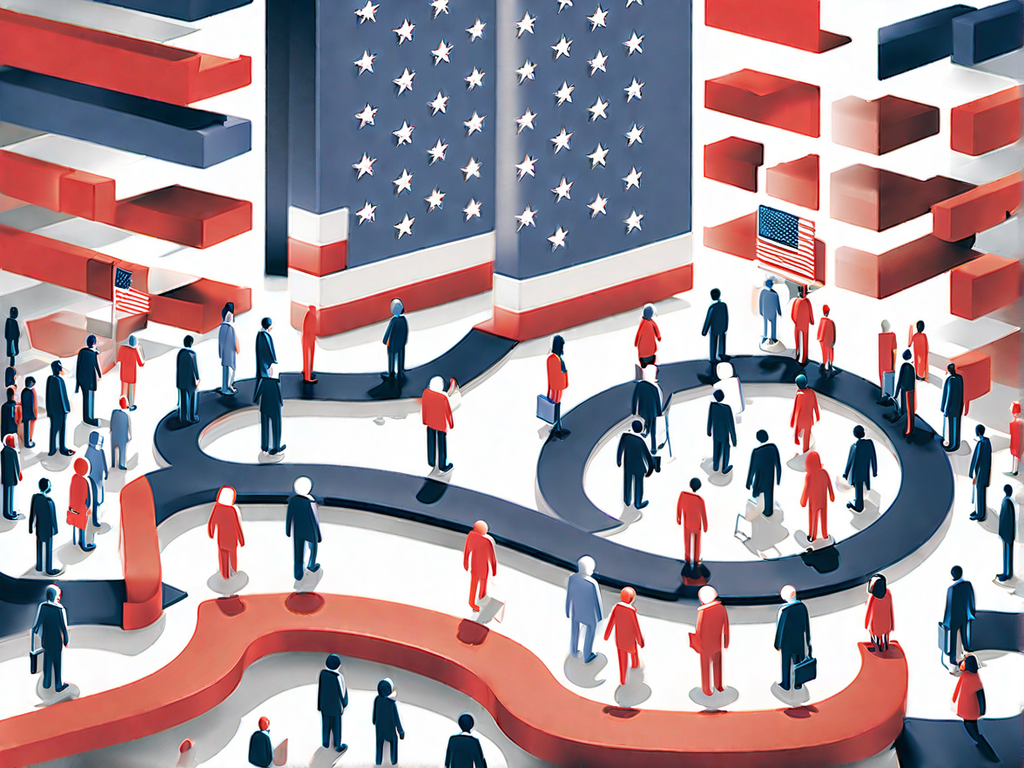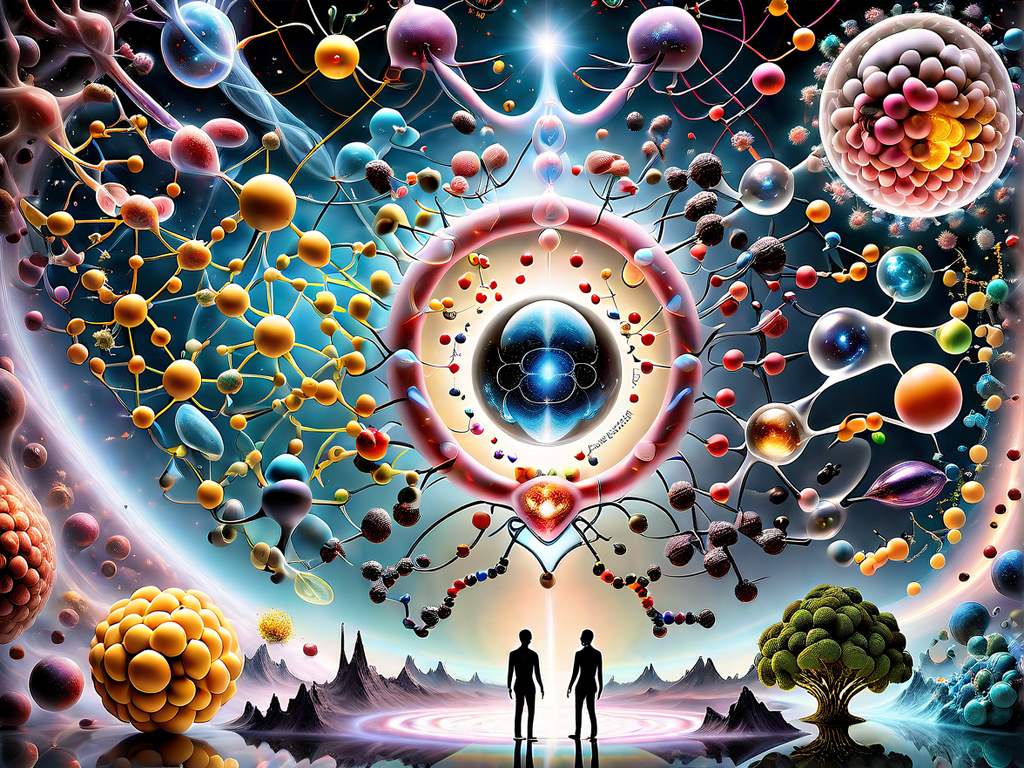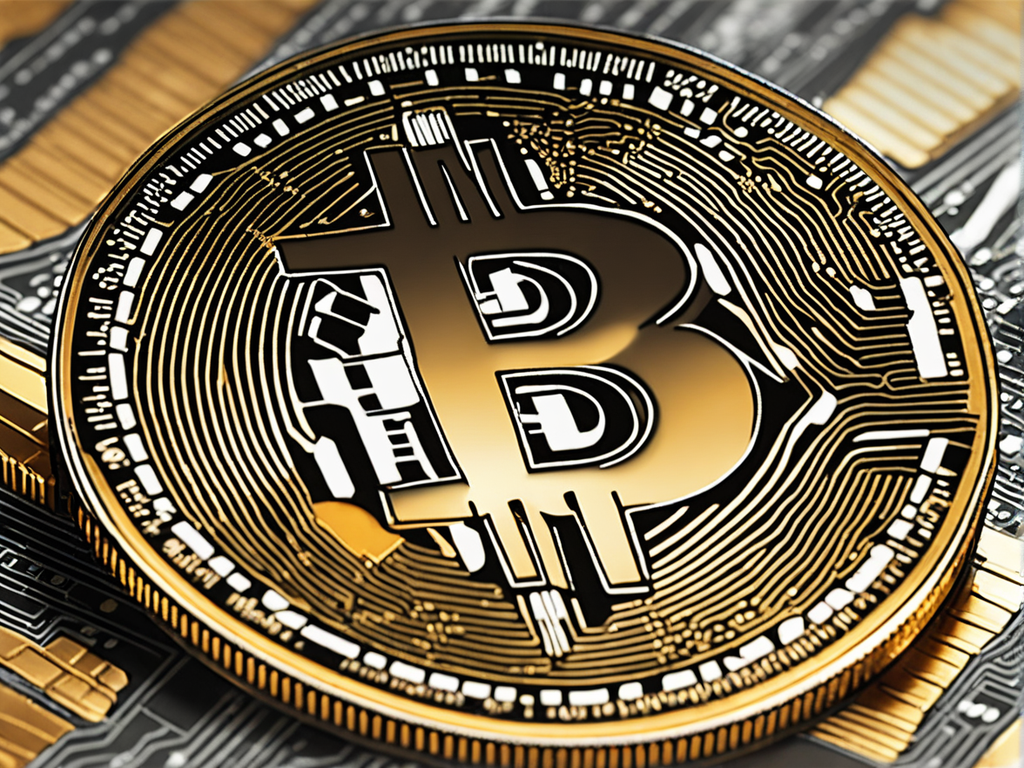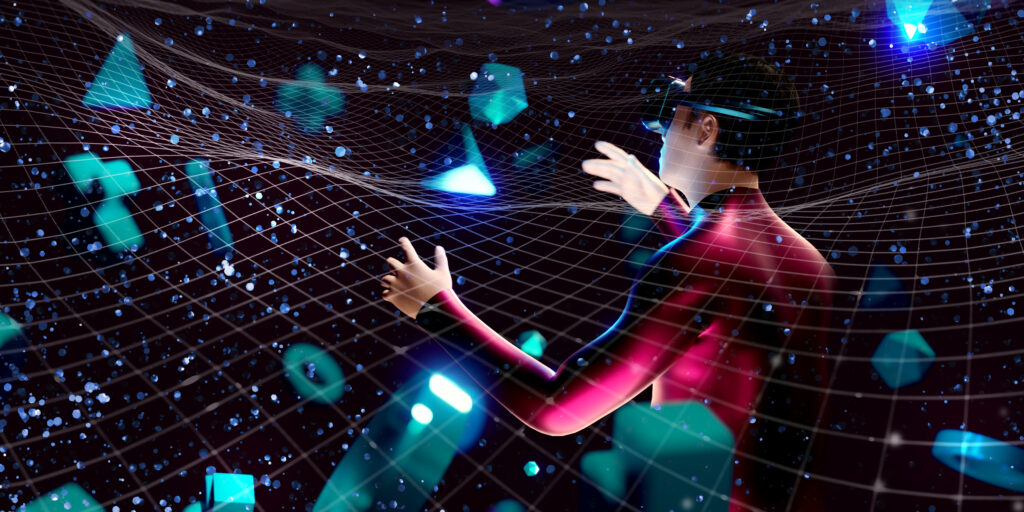Political Polarization: Understanding the Origins, Impact, and Strategies for Reconciliation
In today’s political landscape, the chasm of political polarization seems wider than ever. As the divide deepens, it becomes crucial to delve into the causes, consequences, and potential solutions for bridging this gap. In this article, we will explore political polarization, offering expert insights grounded in practical experience, scientific data, deep knowledge, and comprehensive studies. Join us as we unravel the intricate web of political polarization and consider paths to reconciliation.

The Roots of Political Polarization
Historical Context and Ideological Shifts
At its core, political polarization has historical roots. Shifts in ideological alignment and party platforms over time have contributed to the polarization we see today.
Media and Information Ecosystem
The media landscape plays a significant role in shaping political discourse. The rise of partisan media outlets and the echo chamber effect have fueled polarization.
Consequences of Political Polarization
Gridlock and Inefficiency
In a polarized political environment, gridlock often prevails. Political parties become less willing to compromise, leading to legislative inefficiency.
Social Fragmentation
Polarization doesn’t stop at the political arena. It has seeped into society, leading to social fragmentation, where individuals with opposing political views may become estranged from one another.
The Role of Social Media
Echo Chambers and Confirmation Bias
Social media platforms can intensify polarization by creating echo chambers where users are exposed to like-minded viewpoints, reinforcing their existing beliefs.
Disinformation and Misinformation
The spread of disinformation and misinformation on social media can further entrench political polarization, as individuals may be exposed to false or misleading narratives that align with their existing beliefs.
Strategies for Bridging the Divide
Dialogue and Civil Discourse
Open, constructive dialogue between individuals with differing political views is essential. Encouraging civil discourse can help build understanding and empathy.
Media Literacy and Critical Thinking
Promoting media literacy and critical thinking skills can empower individuals to discern credible information from misinformation, reducing the impact of false narratives.
The Promise of Common Ground
Shared Values and Goals
Identifying shared values and goals that transcend political ideologies can serve as a foundation for unity and collaboration.
Political polarization is a multifaceted issue with deep historical roots and far-reaching consequences. Understanding the causes and consequences of polarization is the first step toward finding solutions.
While the role of media and social media in polarization is significant, the power to bridge the divide lies in our ability to engage in civil discourse, promote media literacy, and identify common ground. The path to reconciliation may be challenging, but it is essential for the health of our democratic societies and the preservation of social cohesion. As we navigate the complexities of political polarization, let us remember that the pursuit of common ground and constructive dialogue is a path worth taking for the greater good.


































